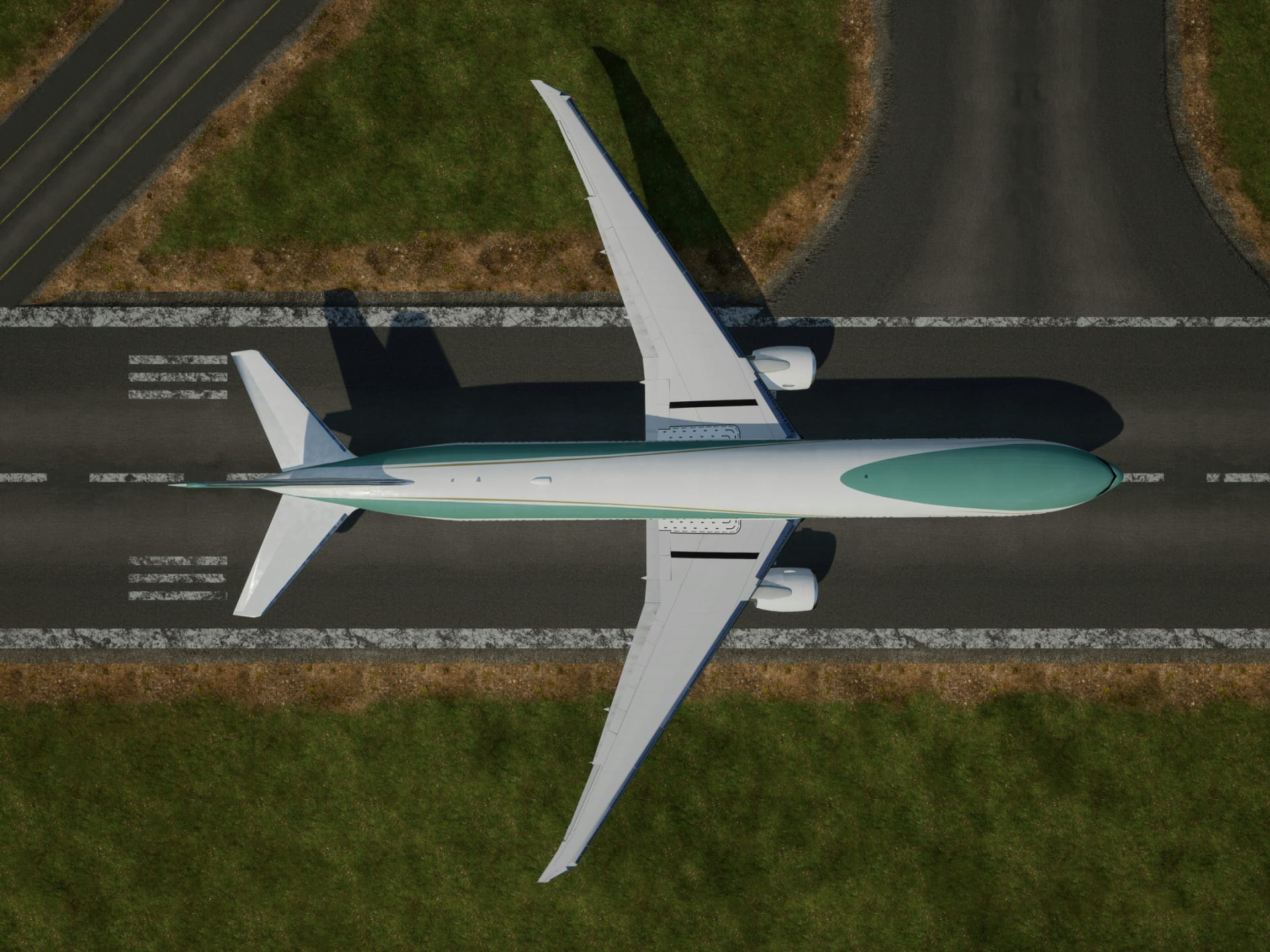Oct. 28, 2024 |
5 W Main: Flying Blind. Last week, some 33,000 unionized Boeing workers in Washington state, who’ve been striking since the middle of September, voted by a large majority to reject an offer that included a 35 percent wage hike over four years. Why?
It’s the first major negotiation since 2014, when Boeing froze the company’s traditional pension plan after threatening to move production of the 777 out of the region. Now, workers want to reinstate that pension plan along with a 40 percent raise and guarantees for improved working conditions.
And they know Boeing's leadership needs to end the strike soon. The company has been burning through roughly US$1 billion a month, is now US$53 billion in debt, and is at risk of seeing its investment credit rating downgraded. Production had been lagging behind schedule even before the strike—and that’s having knock-on effects on the rest of the industry: Ryanair, Boeing's largest customer in Europe, says it'll have to cut flights next summer, while Emirates says it has had to make “significant and highly expensive” changes to its fleet programs.
In his 2022 book Flying Blind: The 737 Max Tragedy and the Fall of Boeing, the investigative reporter Peter Robinson explores how Boeing sank into this morass—as its leadership, seeking to maximize short-term profits, reduced testing, cajoled regulators, pressured employees, and outsourced large parts of its production chain. Meanwhile, In 2018 and 2019, two Boeing 737 MAX 8 crashed, killing 346 people.
—Gustav Jönsson

